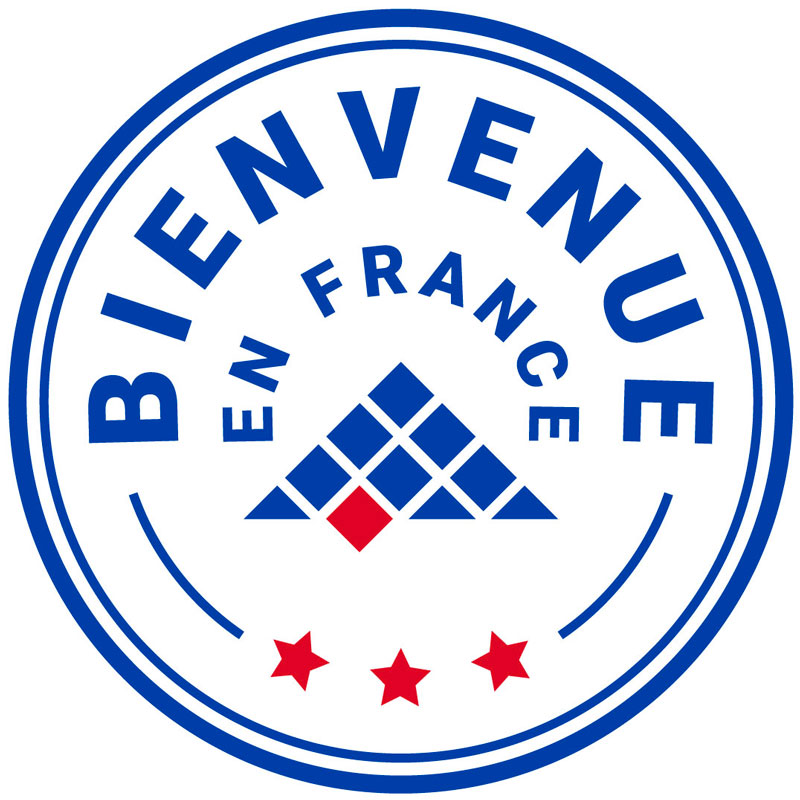This programme is taught in French.
field(s) of training :
Science, Technology, Health
diploma level :
Bachelor's degree (three-year degree)
duration of the program :
3 years
Course overview
You’re interested in geosciences and biology? You wish to become a teacher in these fields? These two disciplines are at the core of the bachelor’s in Life and Earth Sciences!
The bachelor’s in Life and Earth Sciences encompasses fields related to both Life Sciences and Earth Sciences. This three-year full-time programme provides fundamentals, methods and practice in mathematics, physics and chemistry. It also involves experimentations such as practical labs and field trips.
This multidisciplinary programme aims at preparing the teaching exam in Earth and Life Sciences. As such, from Year 2 on, it includes an optional course focusing on teaching. Hence you will be able to pursue studies and careers in education or knowledge transfer, and work in schools, higher education, or museums.
Welcoming international students
Since 2019, the University of Caen Normandy has been awarded the "Bienvenue en France" label by Campus France, highlighting the quality of the university's welcome for international students.
Application requirements
Entry requirements
To enter this bachelor’s, you should
- Graduate from a high school diploma with scientific majors such as Earth and Life Sciences, Mathematics, Physics and Chemistry
- Have scientific skills and soft skills (communication, organisation and interpersonal skills)
Applicants must provide:
- Academic records
- Cover letter and resume
Apply and register
The registration process takes place in 3 steps:
Application process
Admission and registration requirements may vary depending on your nationality, country of residence, foreign secondary school leaving certificate, and the nature of your programme of study. Discover how to apply to the University of Caen Normandy.
Course structure
Courses
- Take place on site in Campus 2 (Caen) of the University of Caen Normandy
- Amount to 500 hours per year, approximately 25 hours per week
Course units
The bachelor’s programme in Life and Earth Sciences rely on a core curriculum with general scientific disciplines:
- Biology
- Physics
- Chemistry
- Mathematics
- English
- Computer science
The curriculum progressively specialises in biology and geosciences, with many practical labs to train you in experimental methods:
- Geosciences
- Biochemistry
- Animal and plant biology and physiology
- Cellular, molecular and genomic biology
- Genetics
- Microbiology
- Reproduction and development
- Ecology
Internships and placements
The bachelor’s programme includes an optional 1-week internship in Year 3. You can do your internship in a school or in a structure specialised in knowledge transfer (museum, natural park, centre for the promotion of scientific, technical and industrial culture, publisher...), in France or abroad.
Coursework and assessment
The course lasts 3 years and is divided in 6 semesters, each comprising several courses units. Examinations are held at the end of each semester and are graded on a scale from 0 to 20, 20 being the best grade. Examinations take place either through coursework and final exams. Grade compensation is organized without eliminatory marks and on the basis of the general average obtained in every course unit:
- Over each semester
- Over the 2 semesters of the same year
To successfully complete a semester, you must have an average mark of at least 10 points out of 20. If you have not completed your semester, you can retake the courses units you failed; you do not have to retake the courses in which you have obtained at least 10 points out of 20.
Language
French
Study abroad
The bachelor’s in Earth Sciences welcomes one or two foreign students each year. You also wish to go abroad (website in French)? In Year 3, you can study abroad for a semester or a year in one of our partner universities!
Learning outcome
By the end of this course, you will have acquired
- Theoretical and experimental knowledge and skills in the fields of Life and Earth sciences (molecular biology, biochemistry, cellular biology, genetics, microbiology, physiology, taxonomy, developmental and evolutionary biology, ecology, ecosystems and geosciences - endogenous and sedimentary petrology, tectonics, global physics, basin dynamics...)
- Transferrable and linguistic skills (Sciences history, university methodology, time management, autonomy, teamwork, information and communications technology, writing and oral skills in French and English...)
Further study
Once you’ve obtained your bachelor’s degree, you can pursue your studies in master’s programmes preparing to teach Life and Earth Sciences or to work as a primary-school teacher.
Besides, since you’ll be trained both in life and earth sciences, you can also apply to specialised master's programmes in one of these branches.
Careers
The bachelor’s degree is the first step to pursue careers related to life and earth sciences. According to our last surveys, 8 students out of 10 went further with their studies after graduating from their bachelor’s degree. Hence your career will depend on your specialisation and the diploma you pursue after your bachelor’s.
As such, the main career opportunities are:
- Education (primary or secondary school)
- Scientific facilitator
However, with further specialisation, you will also be able to work for consulting offices or public services specialised in, for example:
- Hydrogeology
- Geotechnics
- Cartography
- Mineral and petroleum prospecting
- Natural area management
Address
Université de Caen Normandie
UFR des Sciences
Esplanade de la Paix · CS 14032 · 14032 Caen Cedex 5
France
Course leader
Responsable de la licence : Laurent Salle · laurent.salle@unicaen.fr
Responsable de la licence : Sandric Lesourd · sandric.lesourd@unicaen.fr


